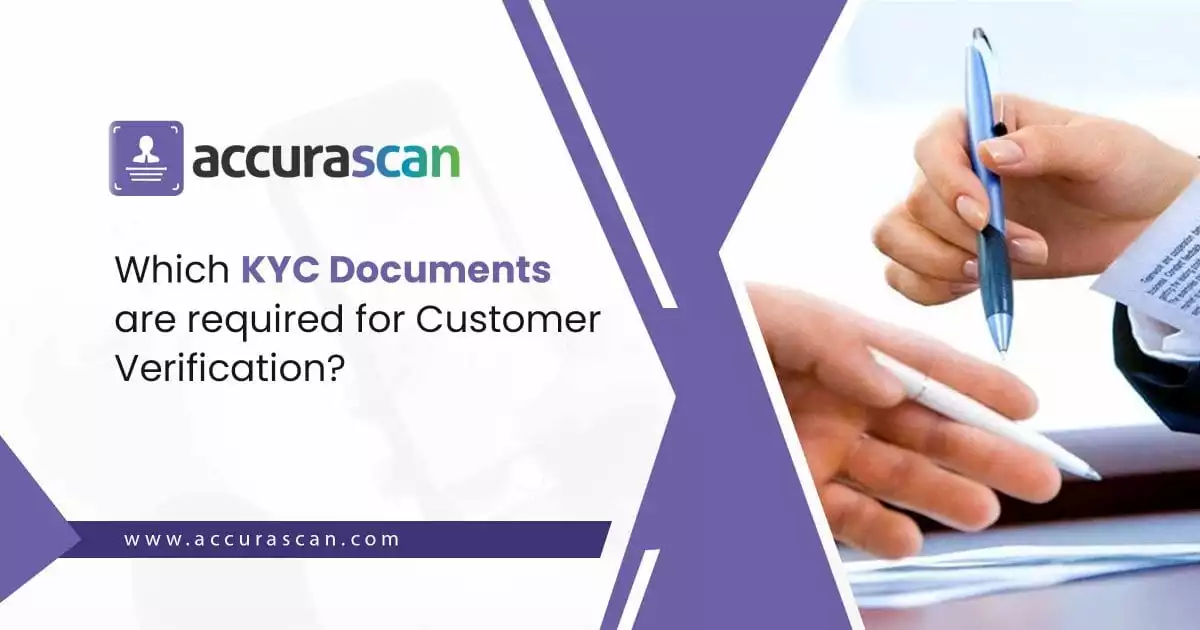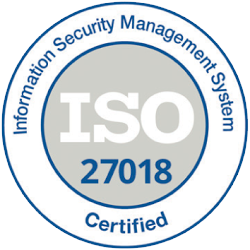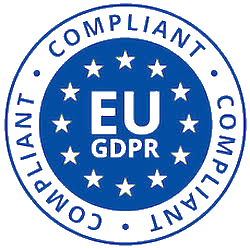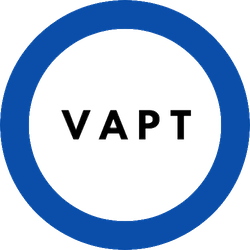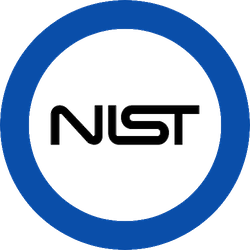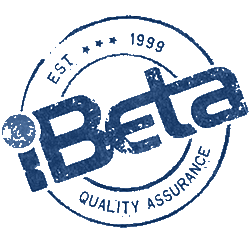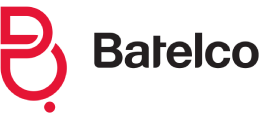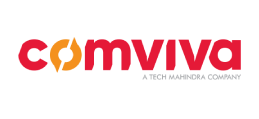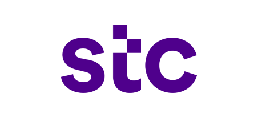In an increasingly digitized economy, financial institutions and businesses are more susceptible to fraud, corruption, and other illegal activities. Research estimates that 32 million adults in India lack access to a legally recognised form of identification. This makes it difficult for many people to access the formal financial system. They must comply with KYC flows, protecting them from fraud. However, the main question is what documentation is required for the customer verification process. Today, we’ll go over the fundamentals of necessary KYC documents for customer verification.
What Do We Mean By KYC?
Know Your Customer, or KYC, is the practice of confirming your clients’ identities, determining their risk tolerance, and routinely reviewing and updating their information. You must conduct a KYC verification process to ensure that your company complies with anti-money laundering regulations.
KYC enables bankers to confirm the proposal’s validity and other identifying information provided by the client. However, banks have been using manual KYC, which takes a lot of time and effort. Therefore, banks must upgrade their KYC verification procedures from manual to digital KYC.
Documents Required for Customer Verification
Depending on each country’s regulatory requirements, different documents are needed for verification. Some basic documents accepted in almost every country are:
The following are examples of acceptable identification and verification documents for people:
- Government-issued photo ID cards
- Passport
- Driving license
- Credit/debit cards.
If the address is not stated on the documents mentioned above, the following are acceptable as address proof:
- Utility bills
- Employer Letter
- Bank Statement
- Rent Agreement
- Insurance Agreement
- Tax Bills
The documents must be no older than three months.
The required information can be gathered using any of the KYC documents mentioned above. Most nations and jurisdictions require the following information for verification:
- Full name
- Document Number
- Residential address
- Photo of the Applicant
- Birth date
- Date of Issue and Expiration of Document
- Nationality
An AI-based document verification system also checks the document’s originality to ensure that it is authentic and contains the necessary information.
Bottom Line
Studies show that 67% of corporate treasurers said that KYC issues had led them to restrict or limit the number of banks they work with. To avoid fraud and scams, KYC must use digital verification. Accura Scan accelerates KYC user onboarding and authentication process. The most reliable face biometrics, ID verification, and KYC verification technologies are combined by us. Call us on +91 820-898-8751 for more details.
FAQs
1. What is KYC?
Know Your Customer, or KYC, is the practice of confirming your clients’ identities, determining their risk tolerance, and routinely reviewing and updating their information.
2. Whether KYC is mandatory?
Yes. It is mandated by law and regulation.
3. What three elements makeup KYC?
The three elements of KYC are as follows:
- Customer Identification
- Customer Due Diligence
- Customer Monitoring

